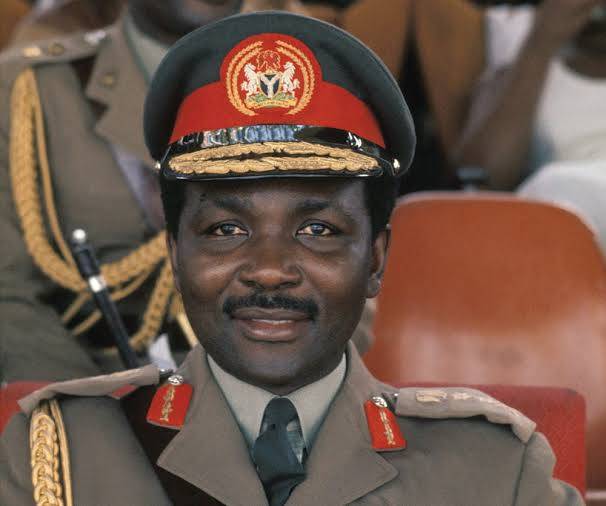Truth Revealed: Yakubu Gowon Gives Reason For Splitting Nigeria Into 12 States
Nigeria's former Head of State, General Yakubu Gowon, split the country into 12 states in 1967, a decision that had far-reaching consequences for the nation's political landscape. But what prompted Gowon to take this step?
At the time, Nigeria was operating under a regional arrangement, with four regions: Northern, Western, Eastern, and Mid-Western. However, this system was plagued by instability, corruption, and ethnic tensions. The January 1966 coup, led by Major Chukwumma Kaduna Nzeogwu, further exacerbated the situation, leading to the assassination of top military officers and politicians.
Gowon, who became Head of State in August 1966, inherited a Nigeria on the brink of disintegration. In an effort to address the country's instability, he decided to split Nigeria into 12 states. This move was intended to undermine the power of the regions and promote national unity.
The 12 states created by Gowon were: North-Western, North-Eastern, North-Central, Benue-Plateau, Kano, Kwara, Western, Lagos, Mid-Western, Southern-Eastern, East Central, and Rivers. This new political arrangement was seen as a way to reduce ethnic tensions and promote economic development.
Gowon's decision to split Nigeria into 12 states was a significant turning point in the country's history. The move was widely seen as an attempt to break the power of the regions and create a more balanced and equitable system of government. While it had its challenges, the decision paved the way for Nigeria's current 36-state structure.
The creation of the 12 states also had a significant impact on Nigeria's economic development. By creating smaller, more manageable administrative units, the government was able to focus on specific economic development projects and initiatives. This led to increased investment in infrastructure, education, and healthcare, which in turn helped to drive economic growth and development.
However, not everyone was pleased with Gowon's decision. Some critics argued that the creation of the 12 states was a cynical attempt to divide and rule Nigeria's ethnic groups. Others argued that the move would lead to increased bureaucracy and administrative costs, which would ultimately hinder Nigeria's economic development.
Despite these criticisms, Gowon's decision to split Nigeria into 12 states remains an important milestone in the country's history. The move helped to promote national unity and stability, and paved the way for Nigeria's current system of government. As Nigeria continues to evolve and grow, the legacy of Gowon's decision serves as a reminder of the importance of bold and visionary leadership.


